Saving Caribbean Tourism from the Sea
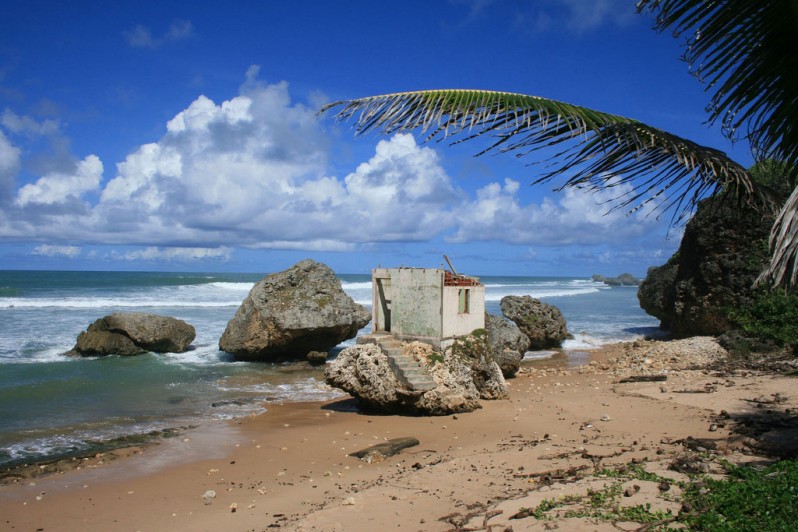
Faced with the prospect of losing miles of beautiful white beaches, and the millions in tourist dollars that come with them, from erosion driven by climate change, Barbados is taking steps to protect its coastline as a matter of economic survival.
Turtles Change Migration Routes Due to Climate Change
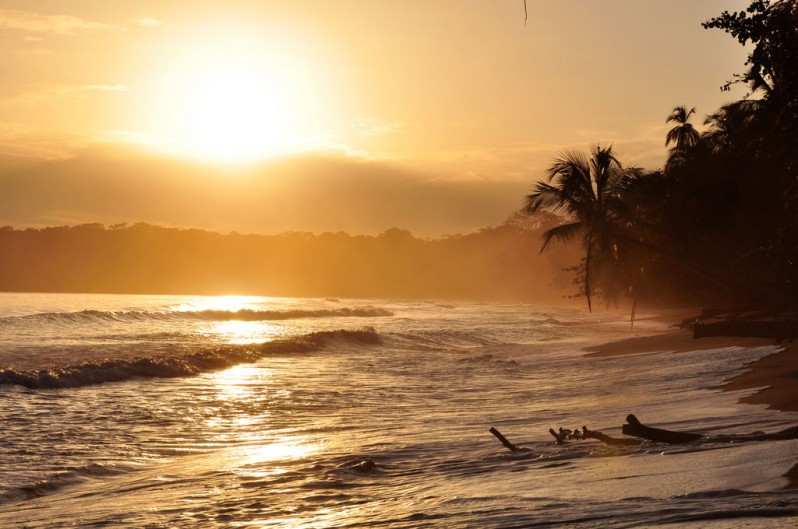
For centuries, the over 8 km of beaches in Cahuita, Costa Rica, have provided a nesting ground for four endangered species of sea turtle. But there is an “enemy” that conservation efforts can’t fight: the beaches themselves are shrinking.
Dorset Coastal Erosion: Nature Should Be Allowed To Take Its Course
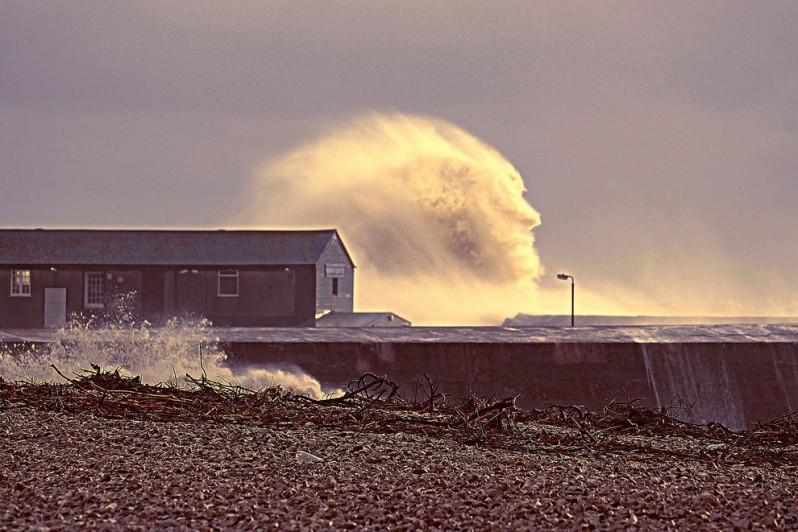
The National Trust has suggested that the best strategy in some cases is simply to allow nature to run its course…
Arctic Sea Ice Maximum 2014
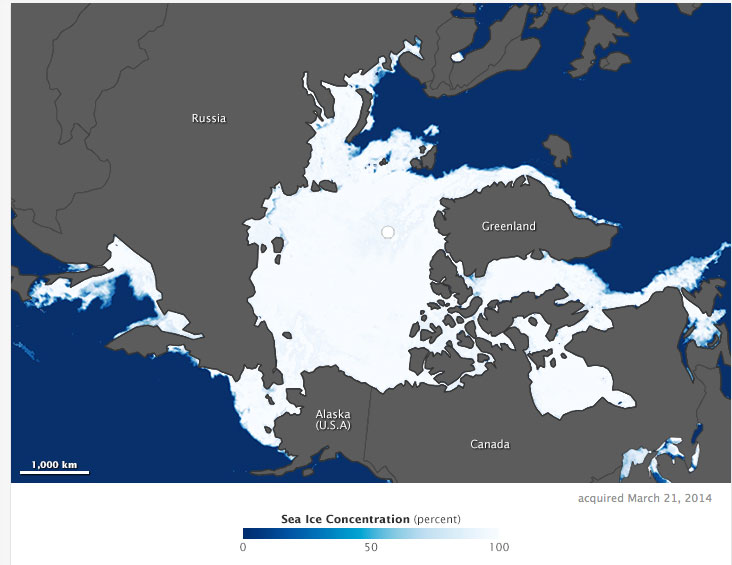
Arctic sea ice reached its annual maximum on March 21, 2014. And while the year was not extraordinary—the fifth lowest extent in 36 years of satellite records—the trend continues to be.
Don’t Ignore Sea Rise

A letter from 99 years old, Howard K. Ammerman.
Climate Change Impacts in Pictures: 8 Stark IPCC Images
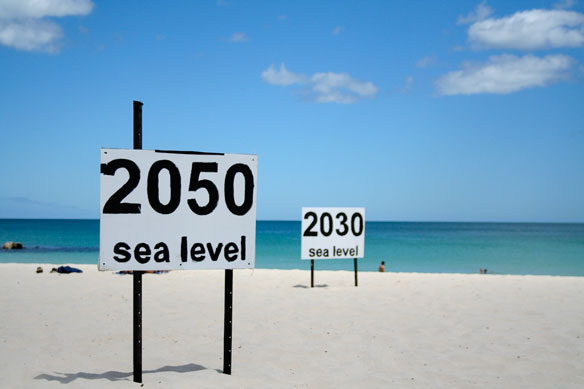
From the newly released Intergovernmental Panel on Climate Change report: 8 illuminating graphics that each tell an important global warming story
Parting the Sea to Save Venice
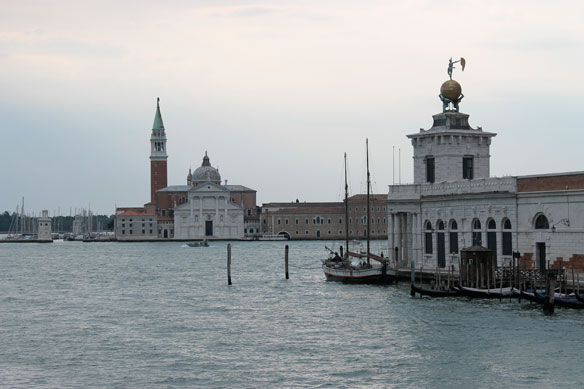
The sea has protected Venice since the fifth century, when people moved to the fish-shaped islands of Rialto for safety from mainland invaders. Over the next thirteen centuries, the seafaring city-state grew in power and strength. But the tide has turned, and the sea that once protected Venice now threatens it.
Major Increase In West Antarctic Glacial Loss
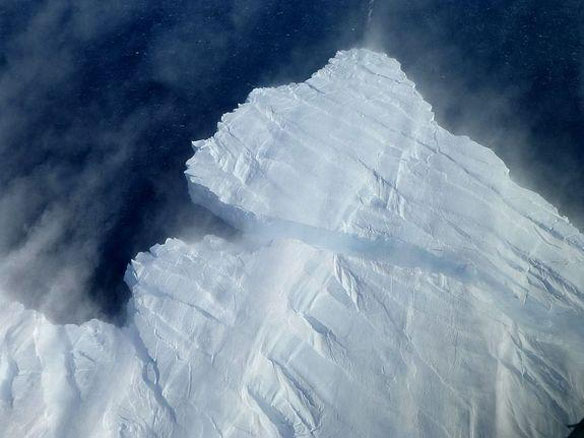
Six massive glaciers in West Antarctica are moving faster than they did 40 years ago, causing more ice to discharge into the ocean and global sea level to rise, according to new research.
Rising Seas And Borrowed Time on Disappearing Land
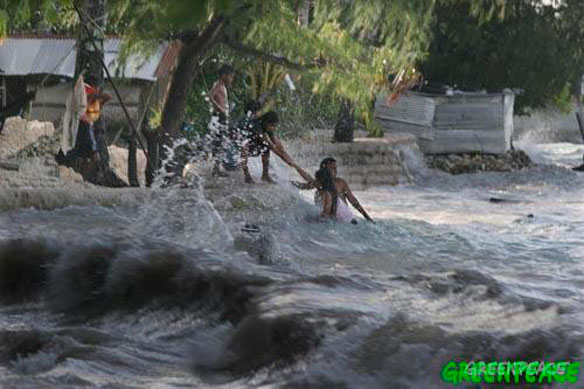
As the world’s top scientists meet in Yokohama, Japan, this week, at the top of the agenda is the prediction that global sea levels could rise as much as three feet by 2100. Higher seas and warmer weather will cause profound changes…
